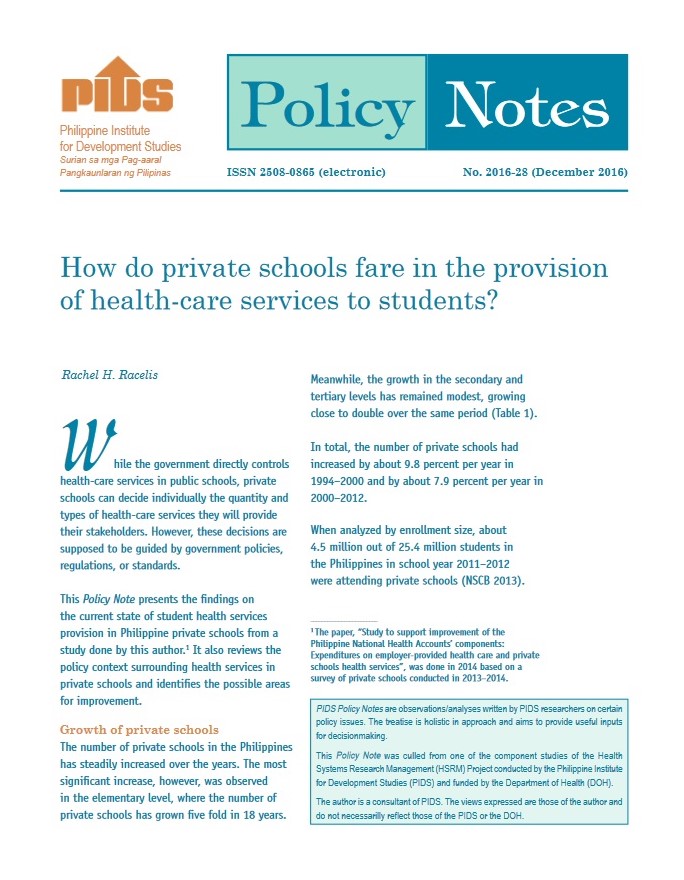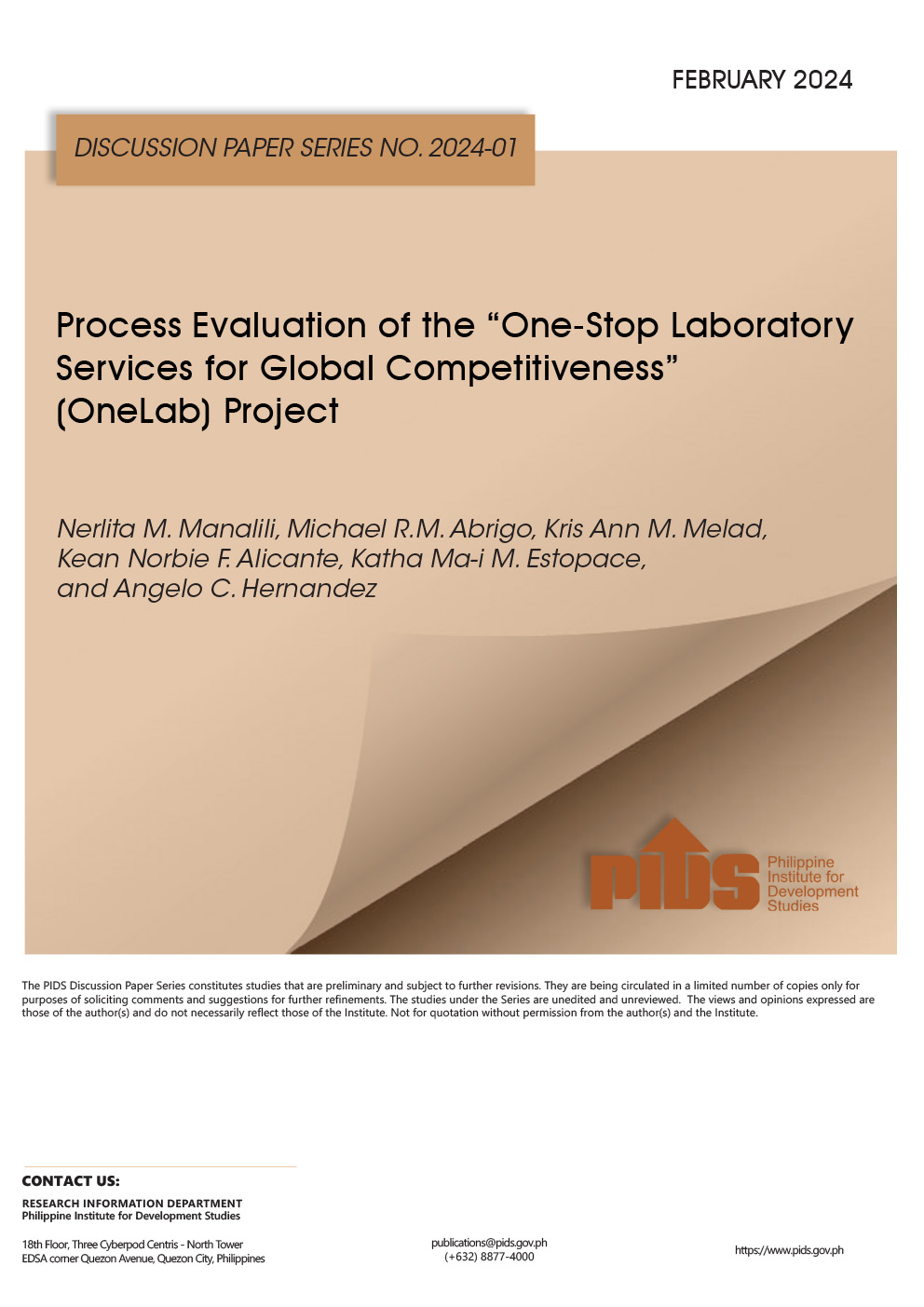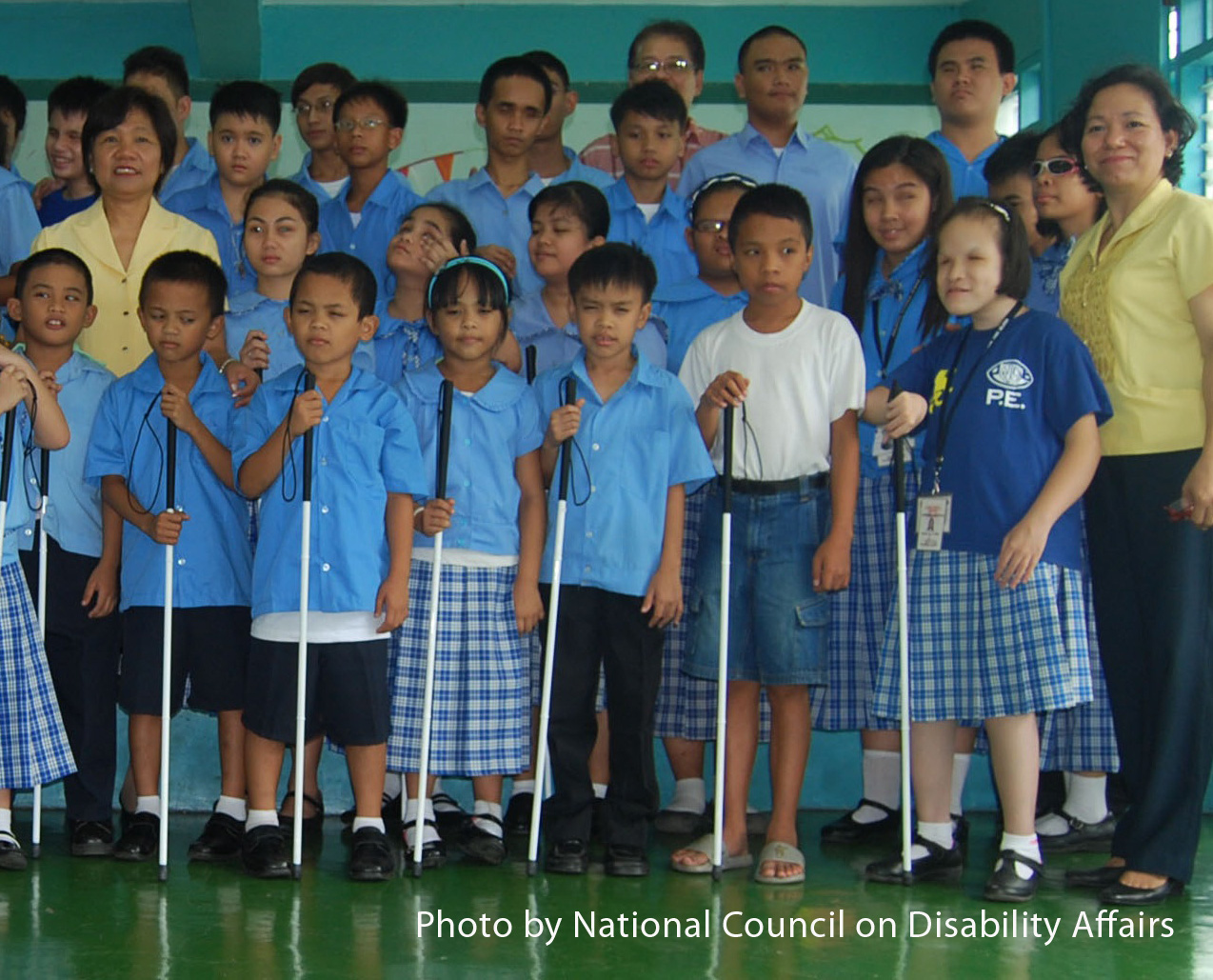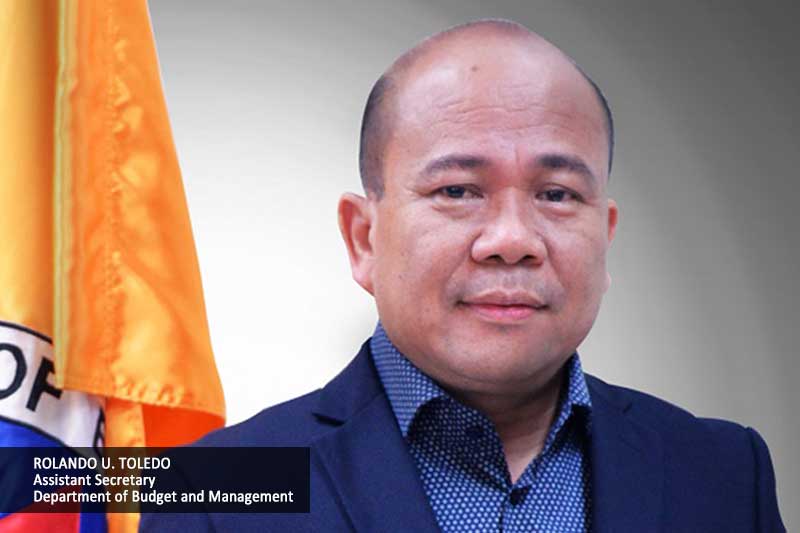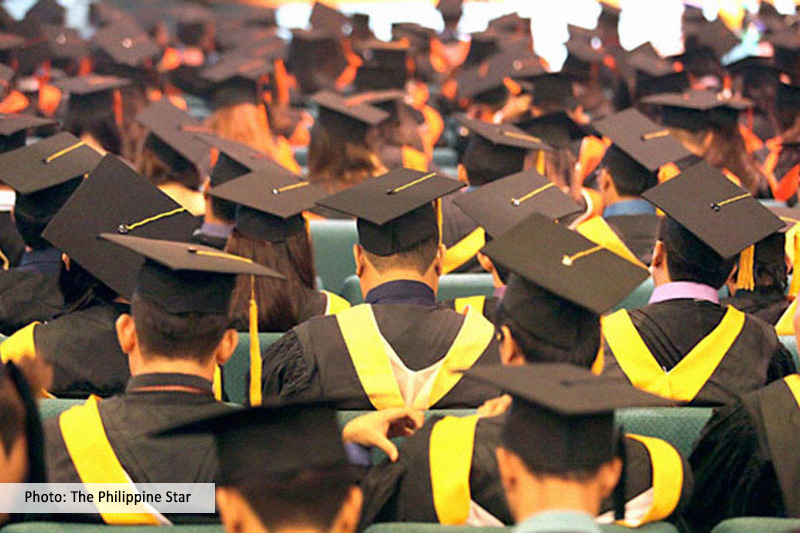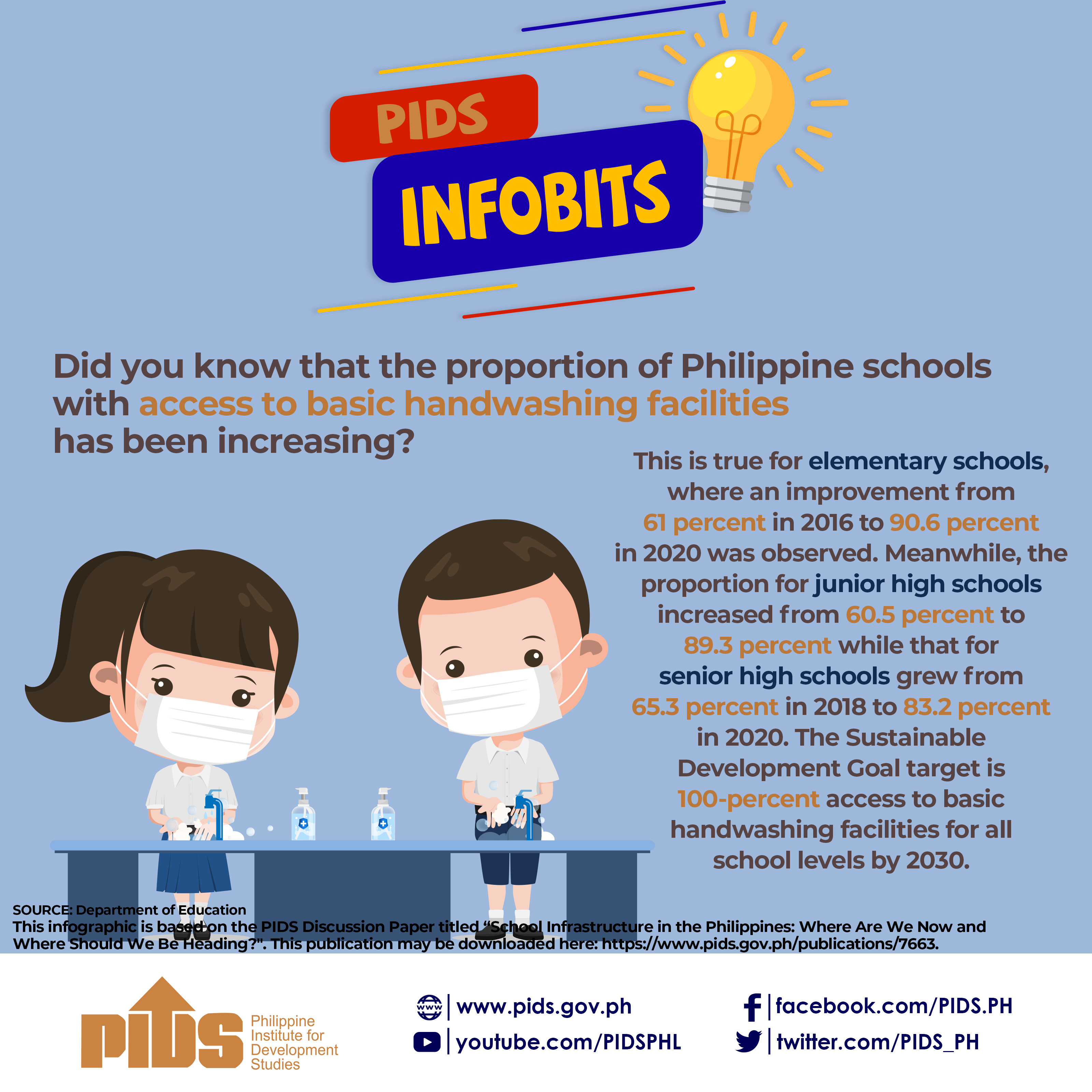THIRTY-FIVE schools nationwide have been identified by the Department of Education that will pilot test the revised K to 10 curriculum, also known as the MATATAG curriculum, before its implementation in the school year 2024-2025.
DepEd Assistant Secretary Francis Cesar Bringas said the “official start” of the pilot testing will be on Sept.25.
“We use different typologies of schools to make sure the pilot testing is more,” Bringas said of the criteria used by DepEd in identifying and choosing the schools for pilot testing of the MATATAG curriculum.
DepEd Undersecretary Gina Gonong said the process of choosing the schools underwent a meticulous approach to reflect the diversity and complexity of the country’s education system.
“Schools have been categorized by enrollment size to include small, medium and large schools. Community socioeconomic status has also been factored in, categorizing schools into high, medium and low poverty incidence areas,” Gonong said.
To ensure the program’s success, the DepEd said research studies would also be conducted with the help of the think tank Philippine Institute of Developmental Studies, the Assessment, Curriculum and Technology Research Center (ACTRC), and the Philippine Normal University-Research Center for Teacher Quality with the SiMERR National Research Centre in Australia.
The 35 schools are the Calafug Elementary School in Apayao, Rizal Elementary School and Dona Aurora Elementary School in Baguio City, Lam-ayan Integrated School and Bineng National High School in Benguet, Dampalit Integrated School, Santiago Syjuco Memorial School, Muzon Elementary School, Tinajeros National High School and Santiago Syjuco Memorial ISS School in Malabon City;
Cabaruan Integrated School, Caba Elementary School, Acao Elementary School Casacristo National High School and Don Rufino Olarte Memorial National High School all in La Union, Cauayan North Central School in Cauayan City, Isabela, Dingading Integrated School, Villa Teresita PS, Lanna National High School and General Emilio Aguinaldo High School all in Isabela.
The other schools which will also pilot test the revised curriculum are the Tindog Integrated School, San Fernando North Central School, Tabogon Central Elementary School, Dumanjug National High School and Liloan National High School all in Cebu.
In Mindanao, the schools are Mlang Pilot Elementary School in North Cotabato, Lamlifew Integrated School, Alegria Central Elementary School, Malalag National High School-Upo Annex, Alegria National High School all in Sarangani, Baobaoan Integrated School and Pedro Duncano National High School in Butuan City, Suyangan Elementary School in Surigao Del Norte, and Santiago Central Elementary School and Socorro National High School both in Agusan Del Norte.
The DepEd earlier tapped 117 specialists, 533 teachers, school heads and supervisors, 126 consultants, 205 external experts, 180 private schools and organizations, and seven international experts to conduct the review of the curriculum.
Among the revisions in the K to 10 program include reducing the number of competencies and greater emphasis on the development of foundational skills such as literacy, numeracy, and socio-emotional skills for Kinder to Grade 3 learners.
Values and character development will be further intensified in adherence to Republic Act 11476 or the Good Manners and Right Conduct and Values Education Act of 2002.
The revised curriculum will also integrate peace competencies-highlighting the DepEd’s promotion of non-violent actions and the development of conflict resolution skills in learners.
The current curriculum has seven competencies, namely, Mother Tongue, Filipino, English, Mathematics, Araling Panlipunan, MAPEH, and Edukasyon sa Pagpapakatao.
Under the MATATAG curriculum, there will only be five competencies, namely, Language, Reading and Literacy, Mathematics, Makabansa, and GMRC.
The Mother Tongue subject has been removed from the revised K-10 curriculum but not as a medium of instruction.An ecumenical youth organization yesterday called on the DepEd to allow teachers to stick to the facts and teach the “Marcos dictatorship” to Grade 6 students.
In a statement, the Student Christian Movement of the Philippines (SCMP) said the truth must stay with regard to the Araling Panlipunan lessons of Grade 6 pupils.
“SCMP ends by challenging everyone to become beacons of truth, especially in a time of widespread systematic disinformation and historical distortion,” said SCMP.
“It is the duty of everyone — teachers, students, parents, and church people — to teach about the horrors of the Marcos dictatorship and to inspire the next generation to stand up against wannabe dictators, especially under a Marcos-Duterte rule,” it added.
The group said sticking to the truth will help ensure mistakes will not be repeated, especially considering the current administration is under the son of the late Marcos.
“The truth sets us free, and teaching that the Marcos dictatorship caused massive human rights violations and economic exploitation urges us to stand up and say never again to fascist dictatorship,” said SCMP.
Failure to do so, it said, is tantamount to DepEd allowing disrespect to the heroes and martyrs during the Martial Law era.
“DepEd is spitting on the graves of numerous martyrs and heroes, who fought the dictatorship, including church people, who have been inspired by faith in seeking justice from the horrors of martial law,” said the SCMP.
The DepEd had earlier issued a memo removing the name “Marcos” from the “Diktadurang Marcos” in the Araling Panlipunan subject of Grade 6 students.
The DepEd, however, said the directive is not final yet since it still needs to undergo a vetting process.

